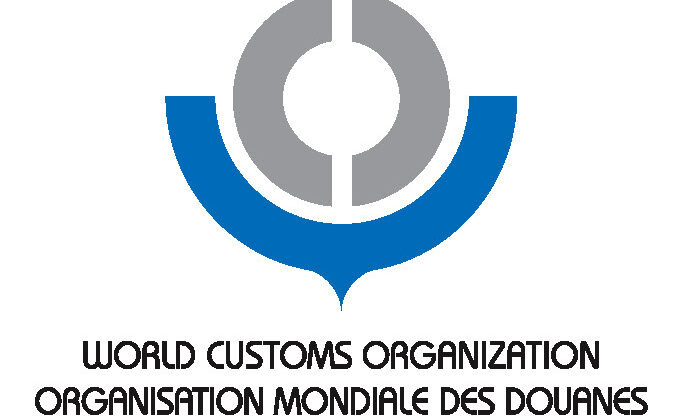
WCO addresses the Annual Meeting of International Organizations on “Facing Global Crises Together”

BRUSSELS : On 13 and 14 September 2021, the Organisation for Economic Co-operation and Development (OECD) and the United Nations Commission on International Trade Law (UNCITRAL) hosted online the 8th Annual Meeting of the Partnership for International Organisations. The event brought together 23 leaders of International Organizations (IOs), including the WCO, represented by its Secretary General, Dr. Kunio Mikuriya, as well as government, academia and civil society representatives to discuss the theme “Facing Global Crises for Better International Rulemaking” in view of helping governments strengthen, share and improve the international rules that frame our economies, societies and environment.
Mr. Mathias Cormann, OECD Secretary-General, opened the meeting by announcing the launch of the Compendium of International Organisations’ Practices: Working Towards More Effective International Instruments (IO Compendium, which is the first common tool developed collaboratively by some 50 IOs, including the WCO, to improve the quality of IOs’ outputs. The Compendium examines their rulemaking practices, governance arrangements, and organizational dynamics and sets out key principles for improving international instruments’ implementation and evaluation, ensuring efficient stakeholder engagement and maximizing opportunities for co-ordination across IOs.
After the opening remarks by OECD Secretary-General Cormann, Mr. Miguel de Serpa Soares, Under-Secretary-General for the United Nations Legal Counsel, and Ms. Anna Joubin-Bret, Secretary of UNCITRAL, Dr. Mikuriya took part in a roundtable dedicated to “Rethinking and modernizing international rulemaking to design better policies for the 21st century”, with the other Heads of International Organizations, who acted as focal points of the five working groups, namely the World Organisation for Animal Health (OIE), the International Organization for Standardization (ISO), the International Bureau of Weights and Measures (BIPM) and the Central American Economic Integration Secretariat (SIECA). The speakers discussed the role of IOs and IO Partnership to design better policies, further underlining the role of the IO Compendium to clarify the landscape of international instruments, and to support more resilient, innovative and inclusive international rulemaking.
In his intervention at the opening session, Secretary General Mikuriya described the proactive and inclusive approach taken by the WCO and its 183 Member Customs administrations to ensure the smooth movement of goods during the COVID-19 pandemic. He mentioned the work conducted by the WCO in cooperation with the World Health Organization (WHO) and the International Civil Aviation Organization (ICAO) to develop guidelines for identifying the critical medicines and vaccines, and facilitating the air cargo transport of vaccines. The WCO Secretary General went on by stressing the importance of the international cooperation for the resilience of the supply chains. In that framework, he underscored the effective collaboration between the WCO and other IOs such as the World Trade Organization (WTO), the International Chamber of Commerce (ICC), the International maritime Organization (IMO), the Universal Postal Union (UPU), as well as other international private standard-setting organizations and the WCO Private Sector Consultative Group.
Dr. Mikuriya highlighted international Instruments’ inclusiveness and agility for embracing new formulas for IOs’ governance structures and implementation mechanisms, in order to effectively tackle the dynamic changes of trade and transport landscape.
Looking into the future, Dr. Mikuriya underlined the importance and need of establishing an evaluation culture for the international instruments, at a time when effective international organizations appear increasingly crucial to overcoming global challenges. He also made reference to the ongoing WCO’s work on the development of an effective performance measurement mechanism.
In conclusion, the WCO Secretary General called upon the international community to reinforce the existing cooperation platform to turn the challenges into opportunities by producing reciprocal benefits, synergies and complementarities in order to accelerate changes and maximize joint impacts.


